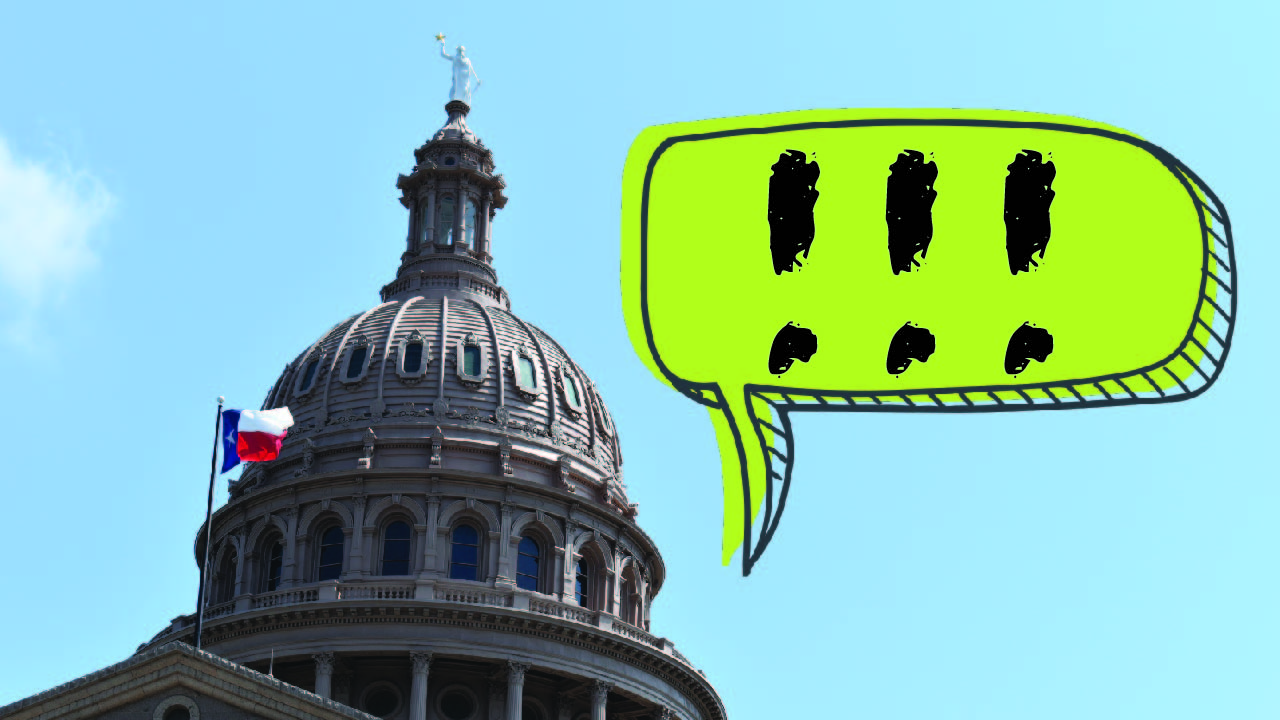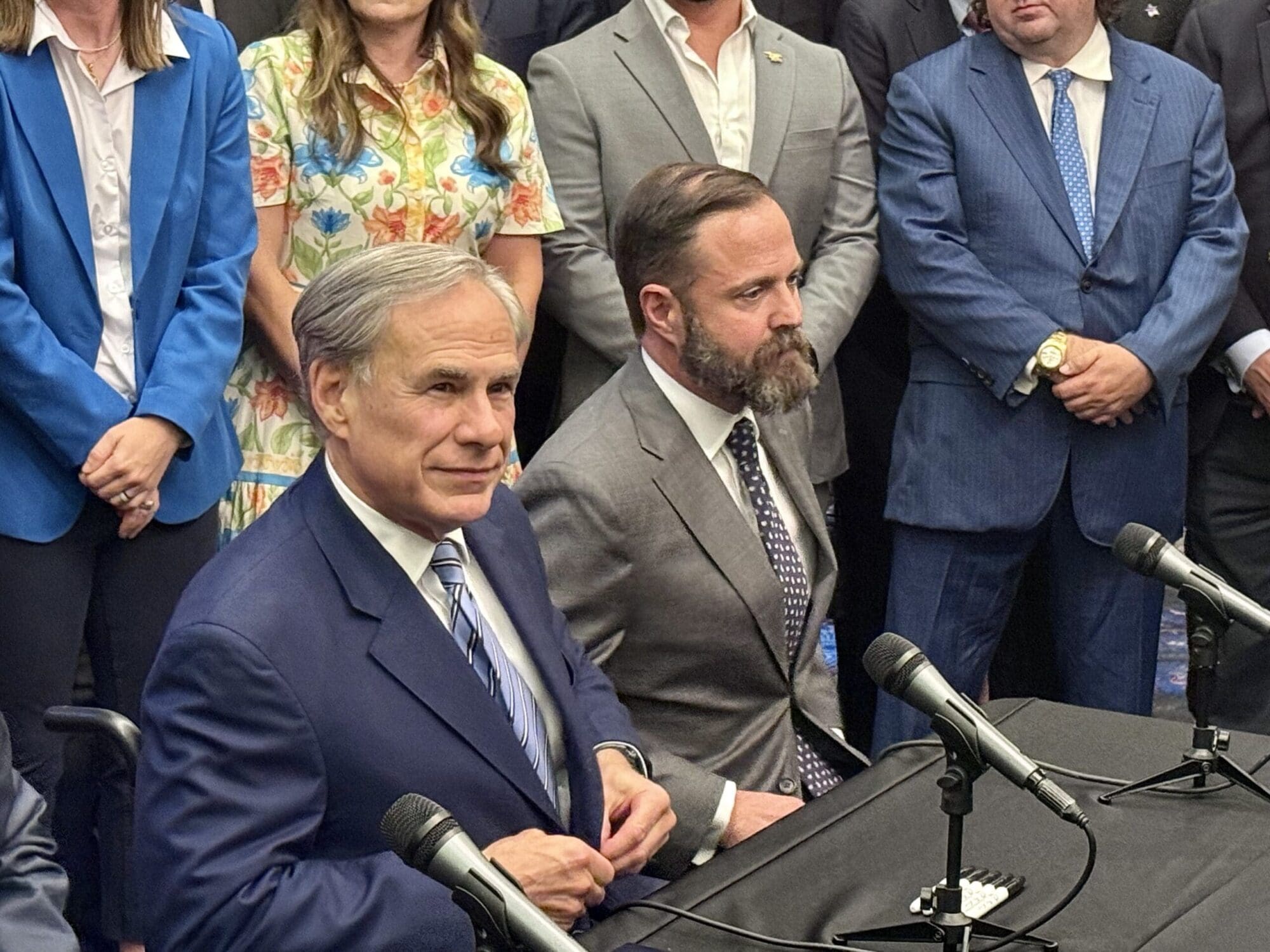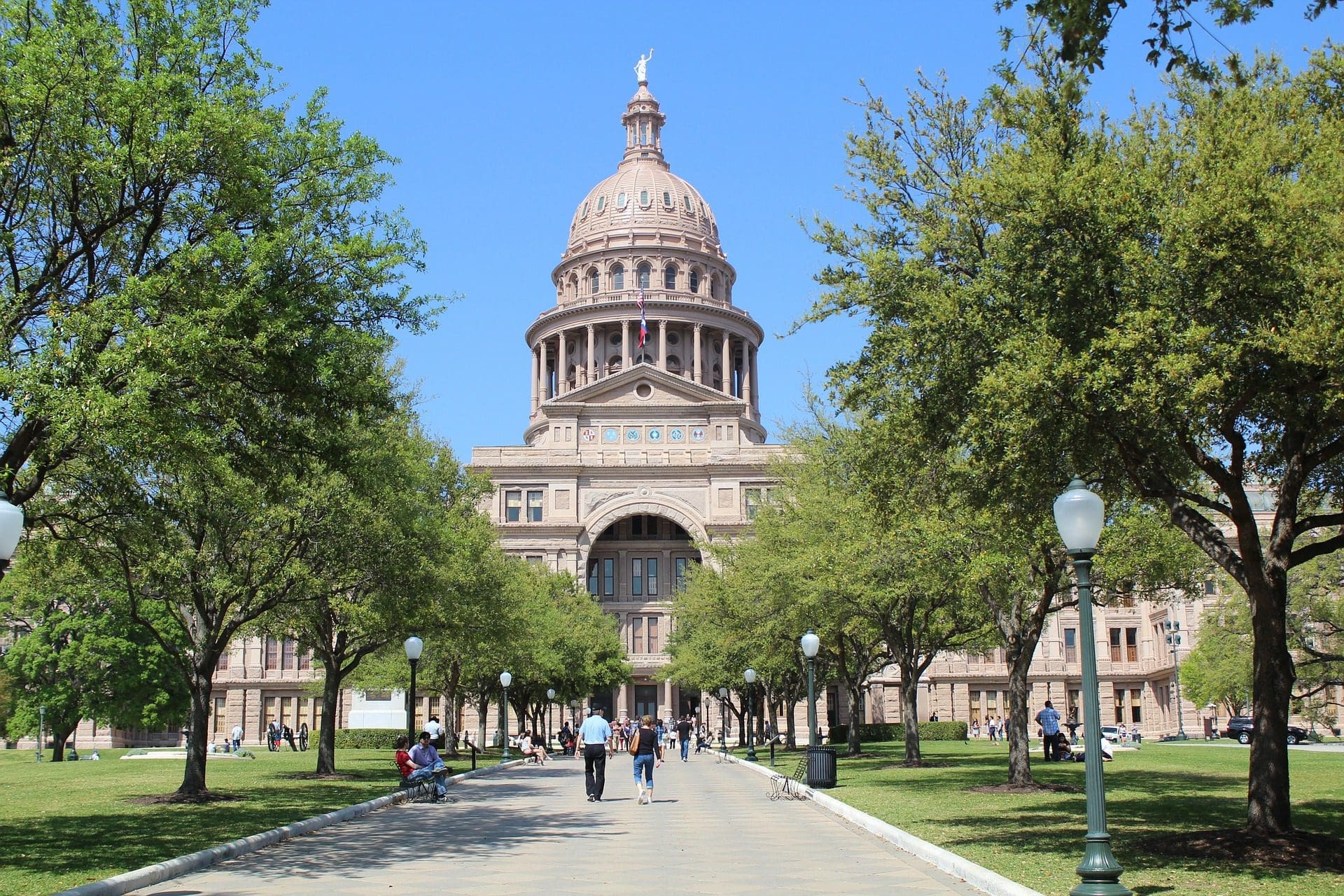Dallas City Council has approved their agenda for the 2021 Texas Legislature, which notably excludes citizen concerns, such as lowering property taxes. A fight among council members also revealed how they organize when unforeseen issues arise in the state Capitol.
Citizens have demanded the city council reverse its decision to cut $7 million from the police overtime budget, and Keep Dallas Safe has demanded a more transparent process in selecting the next chief of police.
Instead, the city council dealt with one of their own top priorities on Wednesday: their agenda for the 2021 Texas Legislative session.
Put simply, the agenda serves as the city council’s plan for what it plan to push state lawmakers to support or oppose.
For example, in 2019, while citizens demanded the Texas Legislature act on their exploding property tax bills, Councilman Lee Kleinman went to Austin and fought against property tax reform.
“I testified against SB 2,” he said on Wednesday, referring to last session’s marquee property tax reform bill. At the time, Kleinman was chair of the city’s Ad Hoc Legislative Committee, the body charged with imposing the city government’s will in the Capitol.
This year, council members voted to hike their average property tax bill for homeowners over 5 percent from last year and 64 percent higher from 2013.
Local governments lobbying against their citizens is nothing new in Texas because local officials prioritize their local control.
“Their game is telling us, ‘You can’t do this stuff,’” Kleinman said in 2018 about the Texas Legislature. “Our game is continuing to maintain our authority, and so that’s really what we spend all of our time doing.”
Mayor Eric Johnson—who was previously a state representative—fired Kleinman from his post as chair of the committee this year. Johnson then appointed himself as chair instead, with Councilmember Cara Mendelsohn as vice chair.
The agenda the council approved for the next session includes keeping its power and receiving more taxpayer money. The document also claims the city “will support legislation that will enhance its ability to protect and serve its residents.”
Debate on the agenda descended into a throwdown over who decides how to instruct legislators when unforeseen issues not listed on the agenda arise in the legislature.
It started when Kleinman moved to delete Section 4 from council’s resolution for the 2021 legislative session.
That for those issues that arise during or prior to the Session for which there is no official City position and there is insufficient time to convene a meeting of the Legislative Ad Hoc Committee or the City Council, the Chair of the Legislative Ad Hoc Committee is authorized to represent and protect the interests of the City.
According to City Attorney Chris Caso, Section 4 has been in place since the 83rd Texas Legislative Session in 2013.
Kleinman’s fight against Johnson’s control revealed how local officials work together to influence state representatives and state senators against citizens.
According to the city’s State Legislative Director, Clifford Sparks, members of the Texas Legislature do ask local officials for their input. Sparks said sometimes a member of the legislature would call and say, “You don’t have 30 minutes, you have 30 seconds to tell me what I need to know.”
“Who determines if there’s insufficient time?” Councilmember David Blewett asked, referring back to Section 4.
“One of the people would be me,” said Caso. “In the past, we would work with the [committee] chair and say, “Here’s what we’ve got.” And then we would make that determination if there’s sufficient time or not.”
The fight over SB 2 in 2019, when a particular amendment to the bill came up, was used as an example.
“We had to figure out and filter that information up to the council, to figure out what council would be ok with us supporting,” Sparks replied to Blewett. “Once it came back to me, it was then, ‘Ok, we are going in this direction.’”
“Can you tell me what the process is of notifying council?” Councilmember Paula Blackmon asked. Sparks mentioned emails to council, as well as the chair going to the committee and council as a whole “and saying, ‘Hey, this is what we’re up against.'”
“I would get the information to the chair, to the council members that were interested, and we’d take it up the flag pole at the legislature,” he explained.
Some issues would even be discussed with a member of the legislature on the spot. “I’d have the previous [committee] chair on [speakerphone], and we’d be talking it through with the member,” Sparks added.
As Blackmon pointed out, council members also have their own access to state representatives and state senators.
“We all still have our contacts at the legislature. We all have our different avenues,” she said.
When Councilmember Chad West presented a hypothetical scenario, asking if Section 4 be removed, the city attorney revealed another way Dallas has handled split-second issues in the legislature.
“In the past, the council has adopted resolutions that authorizes me, through Clifford, to do that,” Caso said. “We’re sort of a fail-safe to use our professional judgement.”
Despite council’s access to legislators and the taxpayer-funded staff who deal with the legislature, Dallas, like other cities, employs taxpayer-funded lobbyists to actively fight against citizens in the Capitol.
Taxpayer-funded lobbying is one of the issues citizens placed among the legislative priorities of the Texas Republican Party. Sources have reported to Texas Scorecard that Dallas was preparing to spend $200,000 of taxpayer money on lobbyists without a council vote, which angered council members.
The council is now scheduled to vote whether or not to approve it on December 9.
As the 2021 Texas Legislature approaches, citizens are demanding action on items such as property taxes, local tyranny, and banning taxpayer-funded lobbying.
Citizens concerned about the agenda and taxpayer-funded lobbying efforts of their county, city, or school district may contact their locally elected officials.
The 87th Legislative Session is scheduled to begin on January 12, 2021.





